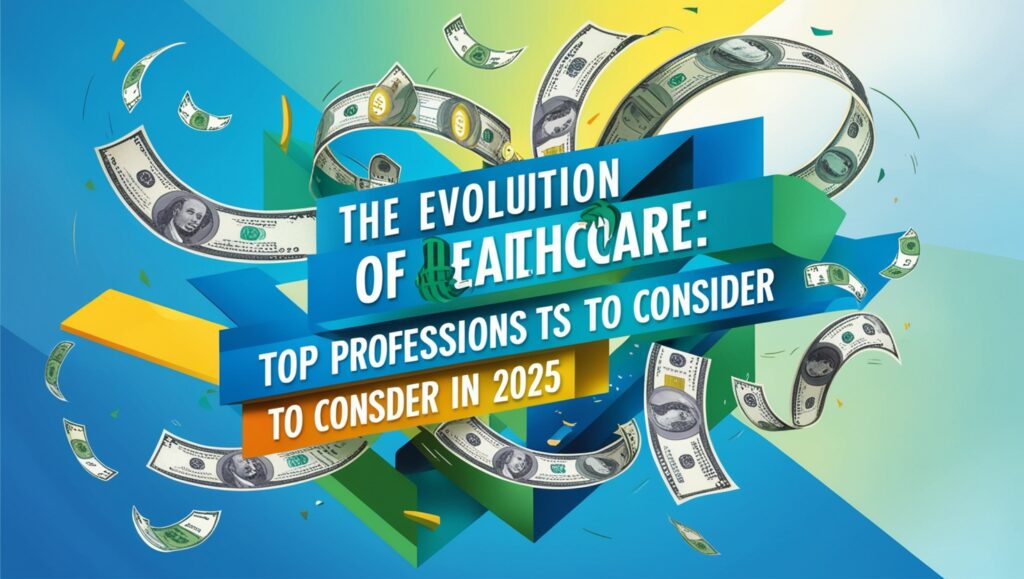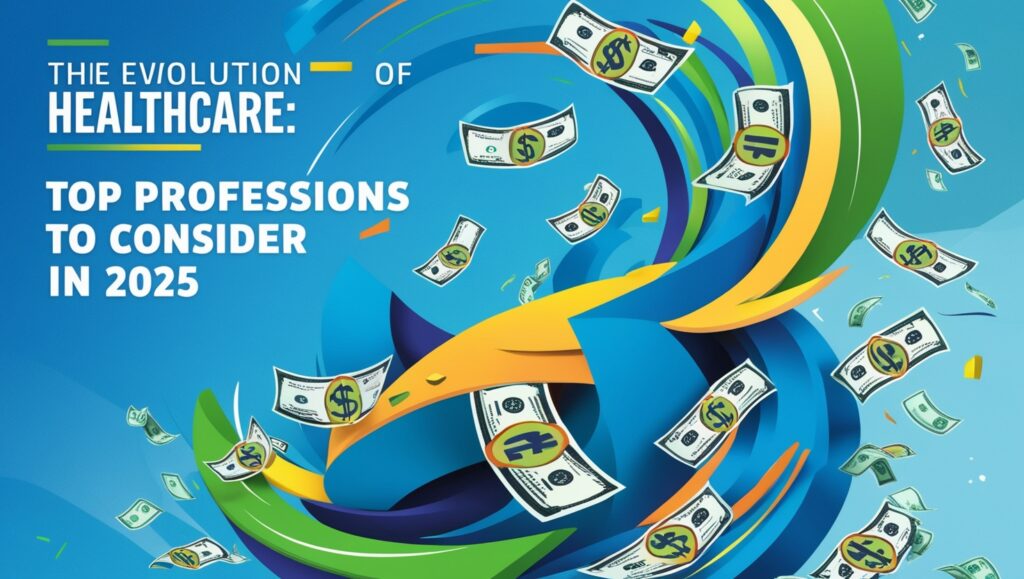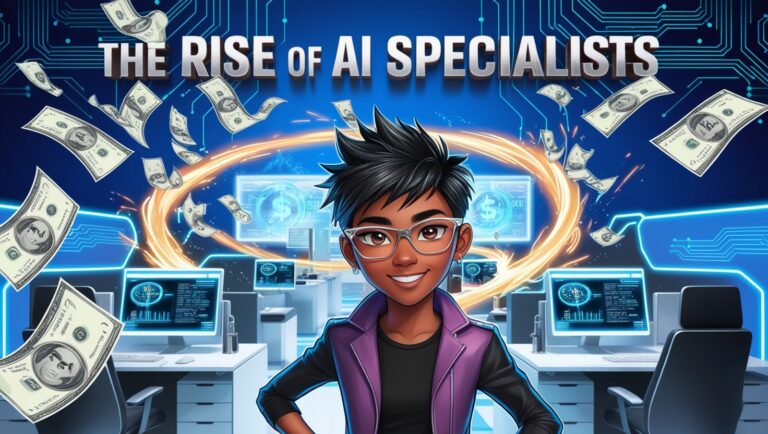The Evolution of Healthcare: Top Professions to Consider in 2025

Healthcare is an ever-evolving industry that continues to adapt to advancements in technology, societal needs, and global health challenges. By 2025, the healthcare landscape will have undergone significant transformation, creating new opportunities and redefining traditional roles. This article explores the top healthcare professions poised to thrive in this dynamic environment and what makes them vital in shaping the future of health and wellness.
The Changing Face of Healthcare
Several factors are driving the evolution of healthcare, influencing the demand for specific professions:
- Technological Advancements: Innovations in artificial intelligence (AI), robotics, and telemedicine are revolutionizing patient care and diagnostics.
- Aging Population: An increase in the elderly population has intensified the need for specialized care and chronic disease management.
- Global Health Challenges: Pandemics, mental health crises, and non-communicable diseases require a diverse and agile healthcare workforce.
- Personalized Medicine: The shift towards tailored treatments based on genetic and molecular profiles is changing how care is delivered.
Top Healthcare Professions in 2025
1. Telemedicine Specialists
Telemedicine has become a cornerstone of modern healthcare, enabling remote consultations and reducing barriers to access. Specialists in this field are responsible for diagnosing and treating patients through virtual platforms while ensuring data security and effective communication.
- Key Skills: Digital communication, patient care, and familiarity with telehealth software.
- Why It’s In Demand: The convenience and efficiency of telemedicine have made it an integral part of healthcare systems worldwide.
2. AI and Data Analysts
AI and data analytics are transforming healthcare by enhancing diagnostics, predicting patient outcomes, and optimizing treatment plans. Professionals in this field analyze vast amounts of medical data to provide actionable insights for clinicians and researchers.
- Key Skills: Machine learning, data visualization, and healthcare informatics.
- Why It’s In Demand: The growing reliance on data-driven decision-making in healthcare creates a need for skilled analysts.
3. Genetic Counselors
As personalized medicine gains traction, genetic counselors are essential for interpreting genetic data and guiding patients through decisions related to hereditary conditions and treatments.
- Key Skills: Genomic analysis, counseling, and patient education.
- Why It’s In Demand: Advances in genomics have made genetic testing more accessible and integral to treatment planning.
4. Robotics-Assisted Surgeons
Robotics-assisted surgeries offer precision and minimally invasive procedures, reducing recovery times and improving outcomes. Surgeons specializing in robotics are trained to operate sophisticated surgical systems.
- Key Skills: Robotic systems operation, surgical expertise, and continuous learning.
- Why It’s In Demand: The increased adoption of robotic systems in operating rooms worldwide.

5. Mental Health Professionals
The global mental health crisis has heightened the need for psychologists, psychiatrists, and counselors. These professionals address issues like anxiety, depression, and trauma through therapy and intervention programs.
- Key Skills: Communication, empathy, and clinical expertise.
- Why It’s In Demand: Rising awareness of mental health and its impact on overall well-being.
6. Health Informatics Specialists
Health informatics specialists manage the flow of information within healthcare systems, ensuring data is accessible, secure, and used effectively to improve patient outcomes.
- Key Skills: IT knowledge, data management, and healthcare policies.
- Why It’s In Demand: The shift to digital health records and data-driven care models.
7. Epidemiologists
Epidemiologists study patterns and causes of diseases to inform public health policies and strategies. Their expertise is vital in managing outbreaks and preventing future pandemics.
- Key Skills: Statistical analysis, research, and communication.
- Why It’s In Demand: Ongoing global health challenges and the need for preparedness.
8. Geriatric Care Specialists
As the aging population grows, geriatric care specialists provide medical and emotional support tailored to older adults. This includes managing chronic conditions and improving the quality of life.
- Key Skills: Compassion, problem-solving, and specialized medical training.
- Why It’s In Demand: The increasing need for elderly-focused healthcare services.
9. Pharmacogenomics Experts
Pharmacogenomics combines pharmacology and genomics to determine how an individual’s genetic makeup affects their response to drugs. These experts play a crucial role in developing personalized medication plans.
- Key Skills: Genetic research, pharmacology, and patient care.
- Why It’s In Demand: The push for precision medicine in treatment protocols.
10. Public Health Educators
Public health educators work to promote healthy lifestyles and prevent disease through education campaigns, community programs, and advocacy.
- Key Skills: Communication, program development, and cultural competence.
- Why It’s In Demand: A growing focus on preventive care and health literacy.
Challenges Facing Healthcare Professionals
While the future of healthcare professions is promising, it comes with challenges:
- Rapid Technological Change: Keeping up with advancements requires continuous learning and adaptation.
- Workforce Shortages: The demand for healthcare workers often exceeds the supply, leading to stress and burnout.
- Equity in Access: Ensuring equitable access to advanced treatments and technologies remains a global challenge.
Conclusion
The healthcare industry in 2025 is a landscape of innovation, opportunity, and complexity. Professions such as telemedicine specialists, AI analysts, and genetic counselors highlight the diversity of opportunities available to those passionate about making a difference. As the industry evolves, staying informed and acquiring relevant skills will be essential for thriving in this rewarding field. The future of healthcare is not just about treating illnesses—it’s about creating a healthier, more sustainable world for all.






